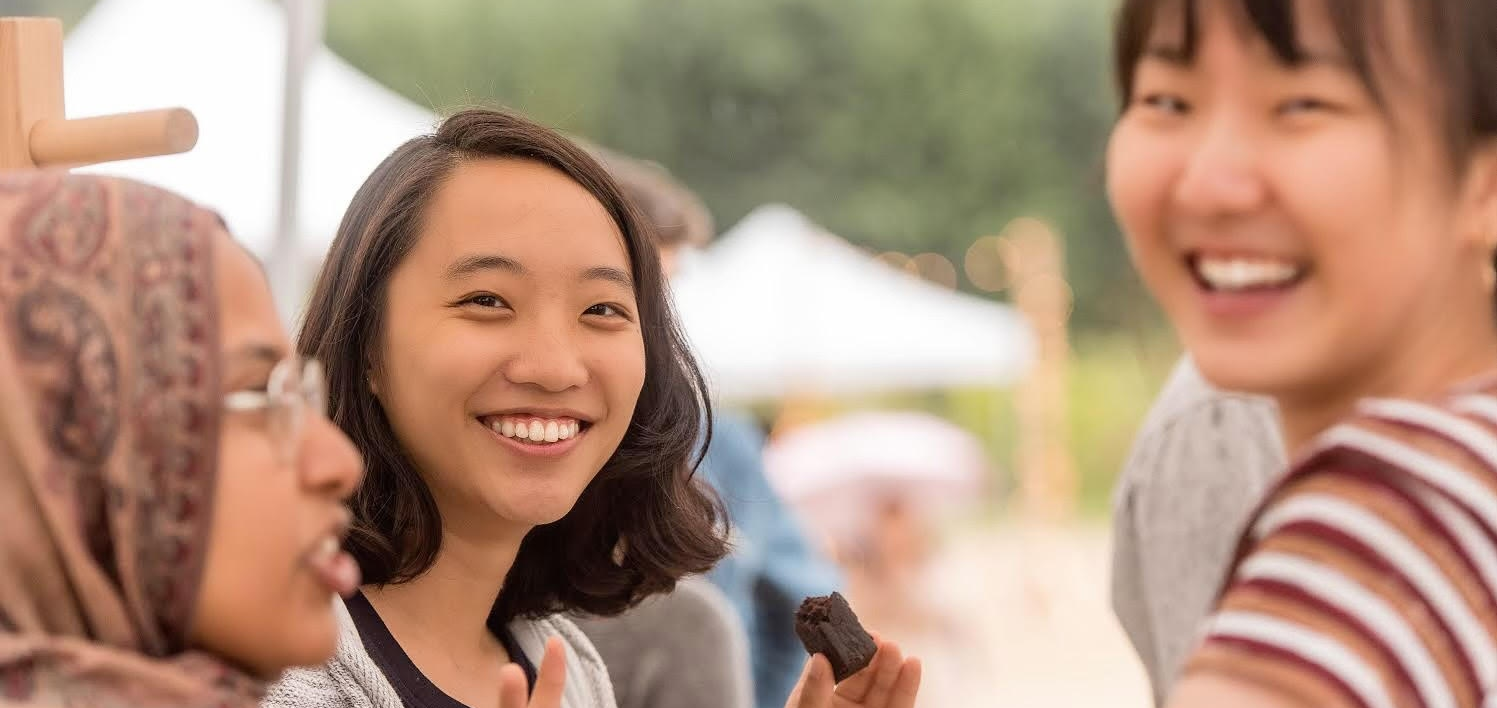
LAND, FOOD & YOU
Our Land, Food & You program supports teachers in fostering student interest in local and global food-system issues as they relate to the BC high school curriculum. This program introduces students to LFS degree programs, while providing insight into the student experience. Our outreach team of LFS students will work with you to customize a learning experience that best suits you and your students: a combination of a UBC Farm tour, a Faculty info presentation, or an interactive workshop.
We are lucky to have the Centre For Sustainable Food Systems at the UBC Farm in our own backyard. Our team of Student Ambassadors can lead your group on a tour to learn more about:
- The exciting research happening at the Farm
- How LFS students engage with the Farm both in and outside their classes
- The UBC Farm’s Indigenous initiatives when you visit the unceded ancestral territory of the hən̓q̓əmin̓əm̓-speaking xʷməθkʷəy̓əm (Musqueam) people
If you are interested in joining us for an in-person farm tour, please contact the LFS Student Ambassadors.
Let our LFS Student Ambassadors introduce you to our faculty’s areas of expertise including the topics of food security, sustainability, and nutrition! Each workshop is developed from subjects discussed in real LFS classrooms. We engage with students in virtual or in-person workshops to give them a sense of what they will learn within our degree programs.
Our workshops allow students to critically evaluate and understand real world issues. If your students are interested in learning more about our programs, email us to request a customized visit.
Explore our Available Workshops:
| Workshop Title | Description |
|---|---|
| Explore Canada’s 2019 Food Guide | The newest Canada’s Food Guide, released in 2019 was a major departure from its 2007 counterpart. It eliminated serving sizes, gender and age differentiation, and the ‘Dairy and Alternatives’ Food Group. Throughout this workshop, we will consider why these changes were made, and their potential implications on the Canadian population. |
| Intro to Food Science: Food Spoilage | The good, the bad, and the ugly: this is how food scientists classify microorganisms that interact with our food. Take a deep dive into how microorganisms interact with our food to spoil, poison or enhance it by investigating the impacts of various fungi and bacteria common food products. |
| Investigating Nutrients: Cure the Deficiency | Take a trip back in time to help an English Ship Captain save his crew from scurvy, the deadly sailor’s disease. Participate in the world’s first ever clinical trial that would later help nutritional scientists identify one of the most famous vitamins: Vitamin C. |
| Deep Dive into Diet and Wellness Culture | In this workshop, take a deep dive into diet and wellness culture. What is it? How prevalent is it? What sort of impacts can it have on us, and what can we do to recognize diet culture and avoid its pitfalls? |